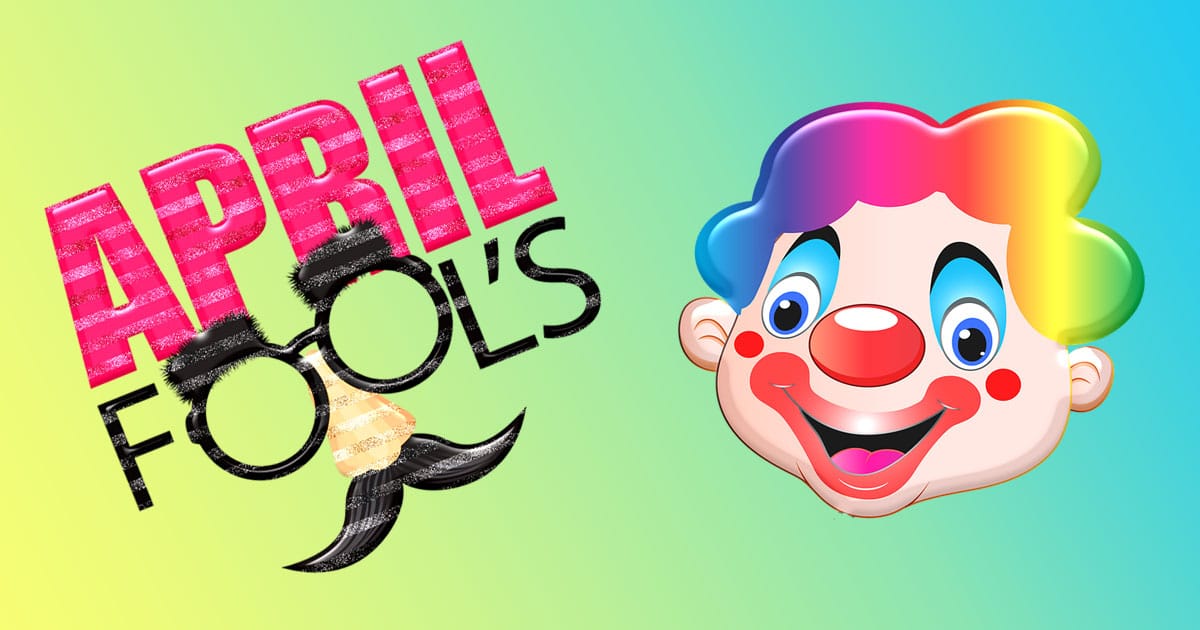April Fools’ Day (April 1) has been celebrated for several centuries by different cultures, though its exact origins remain a mystery. The day’s traditions include playing hoaxes or practical jokes on others, often yelling “April Fools!” at the end to clue in the subject of the April Fools’ Day prank.
Here are some of the popular theories about how it all began.

The calendar change
Ancient cultures, including those of the Romans and Hindus, celebrated New Year’s Day around April 1 that closely follows the vernal equinox (March 20th or March 21st.) In medieval times, much of Europe celebrated March 25, the Feast of Annunciation, as the beginning of the New Year.
In 1582, Pope Gregory XIII ordered the Gregorian calendar to replace the old Julian calendar. The new calendar called for New Year’s Day to be celebrated on January 1. That year, France adopted the reformed calendar and shifted New Year’s Day to the 1st of January.
As a result, many people either refused to accept the new date, or did not learn about it, and continued to celebrate New Year’s Day on April 1. And those who followed the Pope’s command began to make fun of these traditionalists, sending them on “fool’s errands” or trying to trick them into believing something false.
Constantine and Kugel
Another explanation of the origins of April Fool was provided by Joseph Boskin, a professor of history at Boston University. He said that the practice began during the reign of Constantine when a group of court jesters and fools told the Roman emperor that they could do a better job of running the empire. The amused Constantine allowed a jester named Kugel to be king for one day. Kugel passed an edict calling for absurdity on that day, and the custom came to be an annual event.
“In a way, it was a very serious day. In those times fools were really wise men. It was the role of jesters to put things in perspective with humor,” explained Prof. Boskin.
Spring Fever
It is worth noting that many different cultures have had days of foolishness around the start of April. The Romans, for example, had a festival named Hilaria on March 25, rejoicing in the resurrection of Attis. Likewise, the Hindu calendar has Holi, and the Jewish calendar has Purim. Perhaps there’s something about the time of year, with turn from winter to spring, that lends itself to lighthearted celebrations.
The Frenchmen’s prank
The people of France call April 1 Poisson d’Avril, or “April Fish”. French children sometimes tape a picture of a fish on the back of their schoolmates, crying “Poisson d’Avril” as a prank.
Whom did you fool this year?

